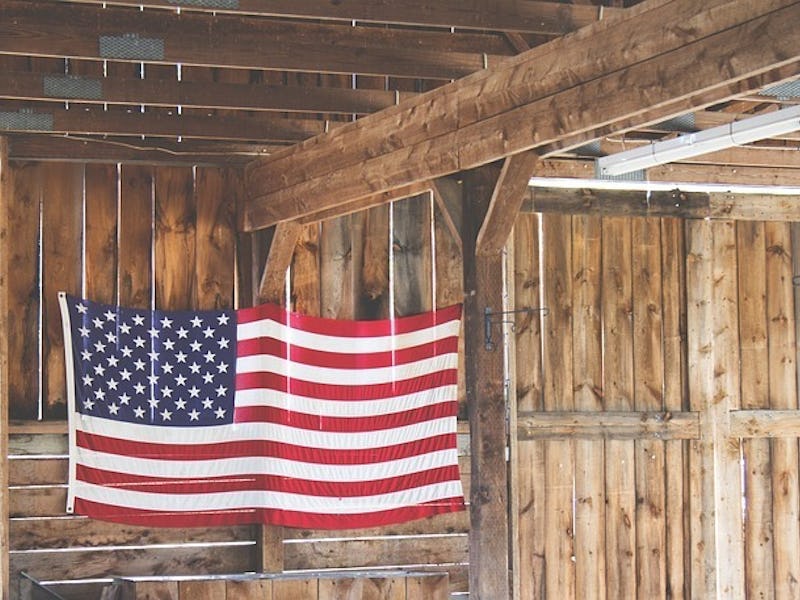John Adams's July 2 Independence Day Is Not Wrong
John Adams thought that July 2 would become the most significant date on the American calendar. So close!

On July 3, 1776, John Adams wrote a letter to his wife, telling her that the day before, July 2, would go down as one of the most memorable and celebrated dates in American history. He was off by two days. Why?
The reason is simple and universal: People aren’t predictable. Logically, Americans should be celebrating the Second of July instead of the Fourth, because July 2, 1776 was the day that the Continental Congress voted for independence. The day that we celebrate, July 4, was the day that Congress adopted the Declaration of Independence. We basically chose to celebrate paperwork over democracy. It’s understandable that Adams failed to see that coming.
The Second Day of July 1776, will be the most memorable Epocha, in the History of America. I am apt to believe that it will be celebrated, by succeeding Generations, as the great anniversary Festival.
– John Adams, July 3, 1776
In Adams’s eyes, it was the vote, not the adoption of the document that was the significant achievement. Looking at the inner-workings of democracy, it’s hard to argue with him — getting (almost) everyone to agree on something so fundamentally trajectory-altering was a significant achievement. It was the day that set into motion the formation of the country as it is now, but the day that we celebrate is pretty much the day we put at the top of the paperwork. Sure, maybe July 4 was the day Shit Got Real(TM), but as far as Big Steps go, Adams might’ve been right in saying that July 2 was the day that should’ve been remembered.
Adams thought that July 2 would be our day of, “Bells, Bonfires and Illuminations from one End of this Continent to the other.” Alas, that’s not how it transpired. As a nation, we went by the letter of the document and dubbed the Fourth of July the day of sparklers, fireworks, whizzbangs, Budweiser (America?), patriotic bunting, and potato salad. Adams’s prediction wasn’t a bad or unfounded one, but it turns out that seeing “July 4” atop the Declaration of Independence had a powerful impact, and that’s the day that stuck in American History.
50 years later, John Adams and Thomas Jefferson died on July 4, 1826. So at least he finally came around on that date’s significance.
Maybe if news traveled a little faster in the 18th century, we’d all have July 2 off instead of July 4 (which would mean no long weekend this year). Maybe if the document had been signed in the same week or even the same month, that’s the day we’d be celebrating. After all, there are a slew of noteworthy dates related to our independence in July 1776. July 4 just happens to be the one printed on top of one of the most significant documents in the history of this nation.